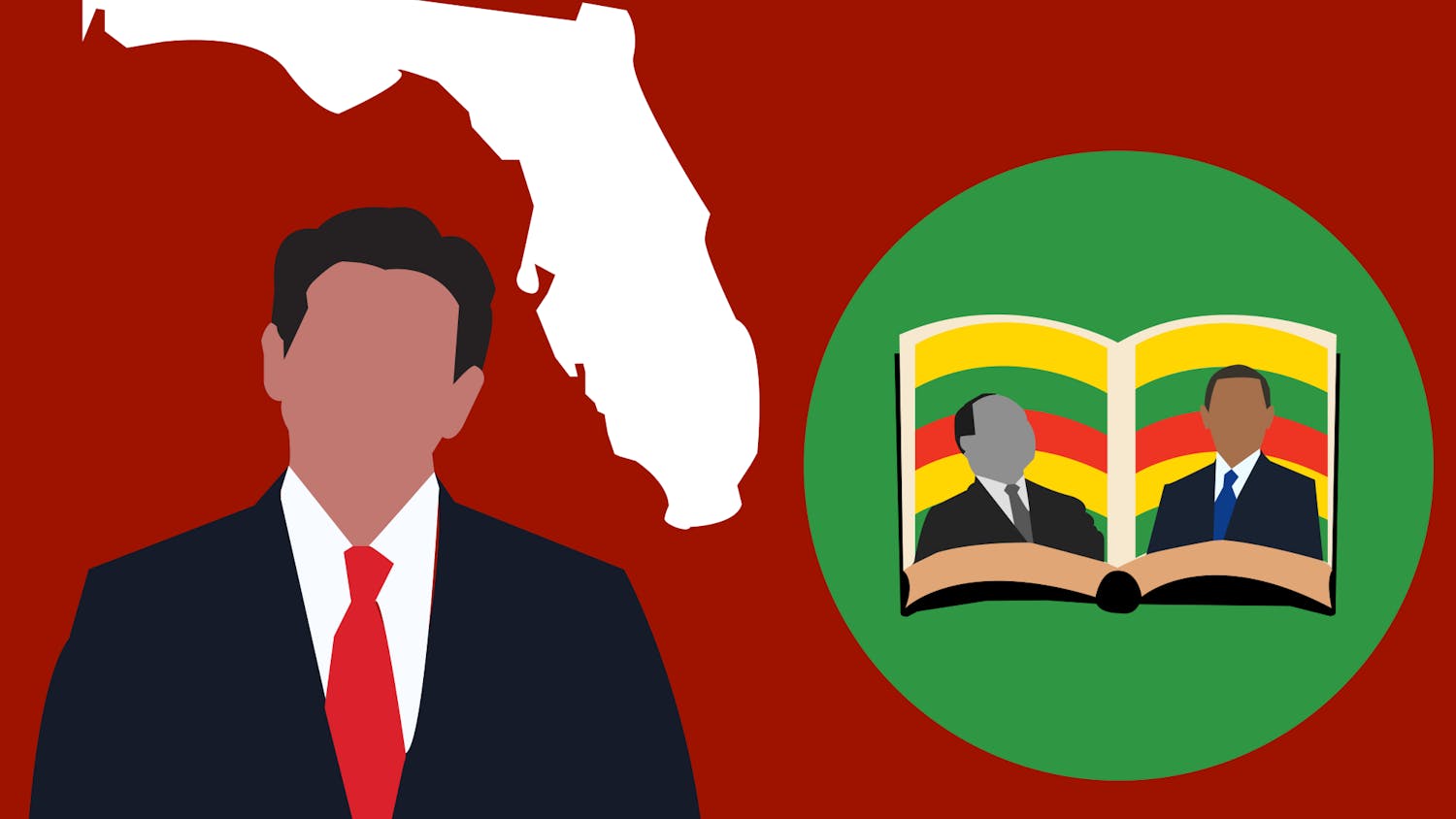UF students receiving a Bright Futures Scholarship may see more money in their bank accounts if this Florida senate bill passes in the House.
The Florida Senate unanimously passed Senate Bill 4, also known as the “Florida Excellence in Higher Education Act of 2018,” on Thursday. The bill, which now awaits consideration in the Florida House, would permanently expand the Bright Futures Scholarships Program for the top two tiers of scholars and require all state universities to adopt a block tuition system. UF spokesperson Janine Sikes said the bill addresses several of UF’s highest priorities, but they are still in the early stages of working with the legislators to create the best proposal.
“There’s some very very positive pieces of that legislation that would very much benefit our students,” she said.
The bill provides a permanent expansion of the Bright Futures Programs from the change that was made in the 2017 to 2018 school year. The change was promised to be one year, but this bill would permanently expand the program for the “Academic” and “Medallion” scholars — the top two tiers of Bright Futures.
Under this bill, students who receive the top Bright Futures scholarship, referred to as “Academic” scholars, will have 100 percent of their tuition and fees covered and receive $300 for textbooks.
Students who receive the second-tier award, known as “Medallion” scholars, will have 75 percent of their tuition and fees covered by their Bright Futures scholarship.
Both “Academic” and “Medallion” scholars would be able to use Bright Futures scholarships for summer term enrollment if the bill passes.
Anthony Leonardi, a UF political science sophomore, currently receives the “Academic” scholar award. Although, he would’ve liked to see the permanent expansion sooner, he is glad the state government is willing to reward students who perform well.
“Right now we’re in a situation where smart kids are not rewarded like they should be,” the 20-year-old said.
The bill would also require that all state universities switch to a block tuition method by Fall 2018. Under block tuition, students would pay a flat rate each semester rather than per-credit-hour. The block tuition method is meant to improve on-time graduation rates by incentivizing students to take on a larger course load without bearing the extra financial cost.
Students at UF protested the implementation of block tuition in the 2010 to 2011 school year, which the administration later postponed indefinitely, citing rising graduation rates, according to Alligator archives.
Leonardi doesn’t believe students should be pushed to take on more credit hours through the block tuition, because it could hinder their involvement outside the classroom.
“I think that there are a lot of extracurricular programs that we also need to incentivize people to take part in,” he said. “This is one of the things that the University of Florida has pushed. They want us to be involved in the Gator community.”
Contact Jessica Giles at jgiles@alligator.org. Follow her on Twitter at @jessica_giles_.






